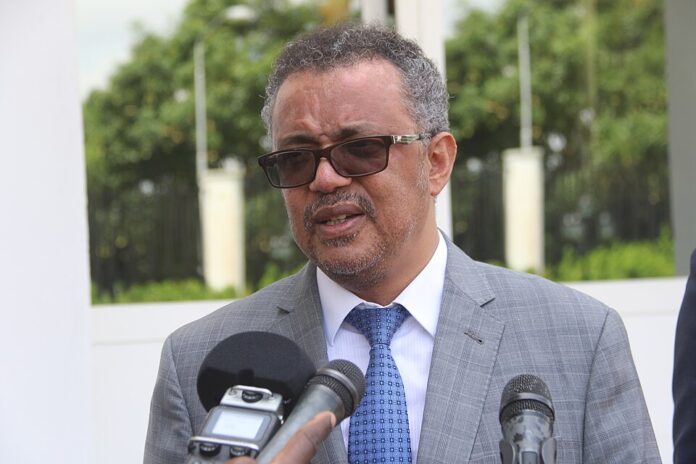
By Michael Landl, Director at the World Vapers’ Alliance.
This week, in Geneva, countries gather under the banner of the World Health Organization to discuss the future of global tobacco control. It is meant to be a decisive moment in their global fight against nicotine. Instead, it has become a moment of reckoning for the WHO and the anti-nicotine lobby that has dominated the conversation for too long.
The meeting, known as COP11, brings together countries that have signed the WHO Framework Convention on Tobacco Control. In theory, its goal is to reduce smoking and protect public health. In practice, it has too often turned into an echo chamber for prohibitionists and well-funded lobby groups, disconnected from science and real-world success stories.
For years, WHO officials, the FCTC Secretariat, and Bloomberg-funded NGOs have pushed the narrative that less harmful nicotine products, such as vaping and nicotine pouches, are a threat, not a solution. They have argued for measures that would crush innovation and drive millions of smokers back to cigarettes: flavour bans, nicotine limits, and even outright bans on these products. WHO chief Tedros Adhanom Ghebreyesus (picture) went as far as to call harm reduction “harm production”. Such claims fly in the face of science, lived experience, and mounting evidence showing that these products are substantially less harmful than smoking and help people quit.
They expected an easy ride in Geneva. COP meetings are closed to the public. Consumer organisations and independent public health experts who support harm reduction are locked out and silenced. The agenda has long been controlled by bureaucrats and activists who think only prohibition can deliver progress. But this time, the script did not go as planned.
A growing group of countries has had enough of being lectured and manipulated by the same small circle of anti-nicotine hardliners. Delegates from Albania, North Macedonia, Serbia, New Zealand, Gambia, Mozambique, Saint Kitts and Nevis and many more spoke up for pragmatism and evidence-based policies. They defended the right of each country to decide its own path, rejecting calls for more bans and demanding a seat at the decision-making table.
WHO expected an easy win for prohibition. Meetings shut to the public. Consumer groups and harm reduction experts locked out and silenced. But the resistance is growing. The echo chamber is cracking. pic.twitter.com/bCZnGTiUlV
— Michael Landl (@LandlMichael) November 20, 2025
Even the European Union shows cracks in its unity. Although the EU agreed before the start of COP11 not to support bans on less harmful nicotine products globally, the European Commission and Denmark are pushing to prohibit vaping and nicotine pouches during the conference, disregarding evidence and the EU consensus. So far, this approach seems to fail. The softened forward-looking measures are a clear sign that WHO’s previous push for strict bans lost steam. Countries seem to prefer voluntary initiatives over rigid mandates, insisting on local policy flexibility rather than a one-size-fits-all approach.
The shift at COP11 did not happen by accident. Countries are watching what others are achieving. Sweden is on the verge of becoming a smoke-free country. New Zealand cut smoking rates dramatically by embracing vaping as a quitting tool, resisting WHO pressure. The real-world results speak for themselves. Where harm reduction is embraced, smoking falls faster. Where bans and restrictions dominate, smokers are left behind.

Those countries now standing up for harm reduction are defending their right to make policies that reflect local realities and save lives. They remind the WHO that good public health relies on facts, not ideology. The WHO should take note. The world is moving on. Harm reduction is no fringe idea, it is the path that works. And the more the WHO fights it, the more irrelevant it becomes.
🇪🇺The EU agreed not to pursue bans on less harmful nicotine products, but now Denmark and the Commission collude for a secret vape & pouch ban at #COP11. Member states must oppose this. https://t.co/Uufj1vhEnn #VoicesUnheard
— Michael Landl (@LandlMichael) November 20, 2025
Disclaimer: www.BrusselsReport.eu will under no circumstance be held legally responsible or liable for the content of any article appearing on the website, as only the author of an article is legally responsible for that, also in accordance with the terms of use.












